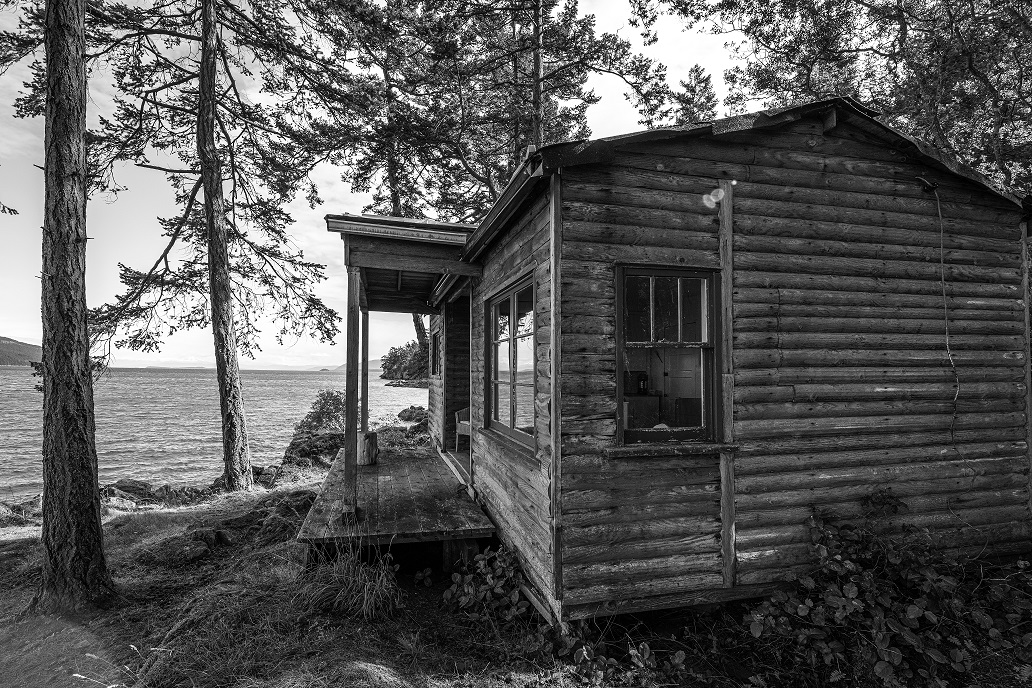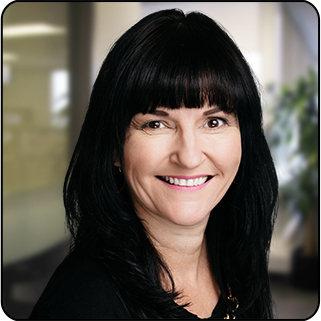Purchasing an investment or vacation property: What you need to know

Please share this article with your clients by downloading this PDF. It explains what they need to know about purchasing a second home.
Did you know that the process to purchase a second property depends on whether you’re buying a vacation home or an investment property? While many of the steps are the same, there are some important differences that are specific to the type of property you’re purchasing.
Second home vs. investment property
A second home (or vacation home) and a rental property are not treated the same when you apply for a mortgage.
A vacation home or second home is intended to be enjoyed by you and your family. You are not purchasing it for rental income.
An investment property is intended to be rented out. There are two main types of investment properties:
- A standard rental property is one where you, as the landlord, do not live on the property.
- An owner-occupied rental property is one where you live in one part or unit of the property. A duplex where you live on one side and tenant on the other, or where you rent the basement suite of your house
The purpose of the property is important in determining how much you can afford to borrow and how much you’ll need for a down payment.
How much mortgage can you afford?
Whether you’ve already chosen a property or are just starting to look, you’ll need to weigh your current financial obligations against the new debt you’re planning to take on.
As with any mortgage, your debt servicing ratios, which weigh your financial obligations against your income, are important in determining how much you can borrow.
Read: Why Are Debt Servicing Ratios Important When Applying for a Mortgage?
When purchasing a second home, you’ll need to prove you can afford both your current mortgage (if you have one) as well as the additional mortgage. When you purchase a rental property, you have the added advantage of being able to include projected rental income in the calculations, which improves your ratios.
How much do you need for a down payment?
The down payment required will depend on the type of property you’re purchasing and the lender you are using. Generally, this is the minimum amount you’ll need:
| 20-25% | Single or multi-unit investment property that you do not live in. |
| 10% | Multi-unit (3-4 units) investment property in which you live in one of the units |
| 5% | Multi-unit (1-2 units) investment property in which you live in one of the units |
Source: Ratehub
Note that these percentages are general guidelines only and each lender may have specific requirements. For example, Bridgewater Bank requires 25% down, but only 10% of that must be from your own resources or gifted. Some lenders need 20% down and it must all be from your own resources. Your mortgage broker can help you find the right product for your situation.
Read: 4 Mortgage Down Payment Sources to Show Your Lender
Some other things to consider:
- If you’re putting down anything less than 20%, it’s considered a high-ratio mortgage and you’ll need mortgage loan insurance. Take note that mortgage loan insurance isn’t available for vacation homes, rentals or a non-owner-occupied second home.
- If you already own a home, you may be able to use the equity (up to 80% of the value) to help pay for your new property.
Who offers rental and second home mortgages?
First, talk to a mortgage broker. They are familiar with many types of lenders, including alternative lenders. Alternative lenders like Bridgewater Bank, are smaller regulated banks or other financial institutions, that factor in the borrower’s circumstances when deciding on a mortgage. They help people who may not qualify at one of the big banks, and they are willing to take on the harder-to-do deals to help qualify a mortgage.
An alternative mortgage is well suited for people who:
- Are self-employed or have a non-traditional source of income.
- Own investment properties.
- Are looking to purchase a second home.
- Have higher debt servicing ratios (and most people looking for a second property will have higher debt servicing ratios).
In addition to the usual factors lenders consider, such as your creditworthiness and the property’s value, they will look at the rental market in the area where your proposed property is located.
Read: Buying a Vacation Home: Expert Advice to Secure the Right Financing
Rental mortgage products
Each lender has specific rental mortgage products, each with their own features. For example, Bridgewater Bank offers a flexible rental mortgage product—The Gateway Rental Mortgage. This product:
- Can be for owner-occupied with a rental component or non-owner-occupied properties
- Allows for many types of property purchases, including single-family homes, duplexes, fourplexes, townhouses, apartments, and condos.
- Allows you to finance up to five properties, to a maximum of $1.5 million (combined).
- Offers flexibility in rates and fee structure from a near-prime, non-private lender.
- Looks at market rents with an 80% rental offset to be used against expenses, depending on the property. Please refer to Bridgewater Bank’s rental offset calculator (talk to your broker about this).
Factor in the closing costs and other expenses
In addition to your down payment, you’ll need to have funds available to pay the closing costs and other expenses for your new property.
The Canada Mortgage and Housing Corporation estimates that closing costs and other expenses range between 1.5% and 4% of the property purchase price.
- Closing costs: There are additional costs when closing your deal, such as appraisal, home inspection and land transfer fees.
- Repairs: You may need to make repairs to the property before you can use it or rent it.
- Hookups: There may be fees involved in turning on access to phone service and utilities.
- Insurance: You’ll need to buy additional insurance for your new property.
- Professional services: You’ll be consulting lawyers, accountants, and other professional service providers during and after your purchase.
What are the tax implications of a vacation or rental property?
The tax implications of owning a vacation home or rental property are complicated, but you can be sure there are tax rules that will affect you. You should consult an accountant or tax advisor about your specific situation, but here is some general information.
- A vacation property that does not earn any income does not usually affect your taxes until you sell it, or it is probated as part of an estate.
- The Canada Revenue Agency has specific rules about reporting the sale of a home and what is considered your primary residence.
- You will need to report your rental income, but you will also be able to deduct some expenses from your rental property.
Again, talk to a tax specialist for advice on your property so that you can take advantage of any tax breaks available to you.
Risks and rewards of a vacation home or investment property
What’s a risk and what is a reward? Not everyone will view things in the same way. For some, extra income is worth the time spent maintaining the property and managing tenants. Others would never want to be in that position, even with the extra income. Some people place more value on getting away to a vacation place while others would prefer to maintain just one home. So here are some questions to ask yourself.
Can you afford that second mortgage?
Even if you can meet the lender’s requirements to take on another mortgage, should you? For example, if you use the equity in your home to secure the second mortgage, you need to be sure about your ability to pay both mortgages. Defaulting on one mortgage could affect the other. Be sure that you are comfortable with taking on that additional debt.
Do you have funds to maintain more than one property?
Whether you’ve purchased a vacation home or a rental property, your monthly expenses have just doubled. In addition to the new mortgage payments, you’ll have utilities, property taxes, insurance, and maintenance costs. While a rental property will generate income to help pay for those costs, your vacation home does not.
Are you ready to be a landlord?
Before you buy that rental property, read up on the landlord and tenant laws in your area. You’ll have both rights that protect you and responsibilities for choosing tenants, maintaining the property, and evicting tenants. There is work involved in running a rental property.
Owning a rental property can be financially rewarding, especially if your property value increases. You’ll also benefit from the regular stream of income coming in.
Talk to a mortgage broker
Your mortgage broker is your expert guide through the purchase of a second home or investment property. They’ll help you find the right lender and the right rate for your second property.









